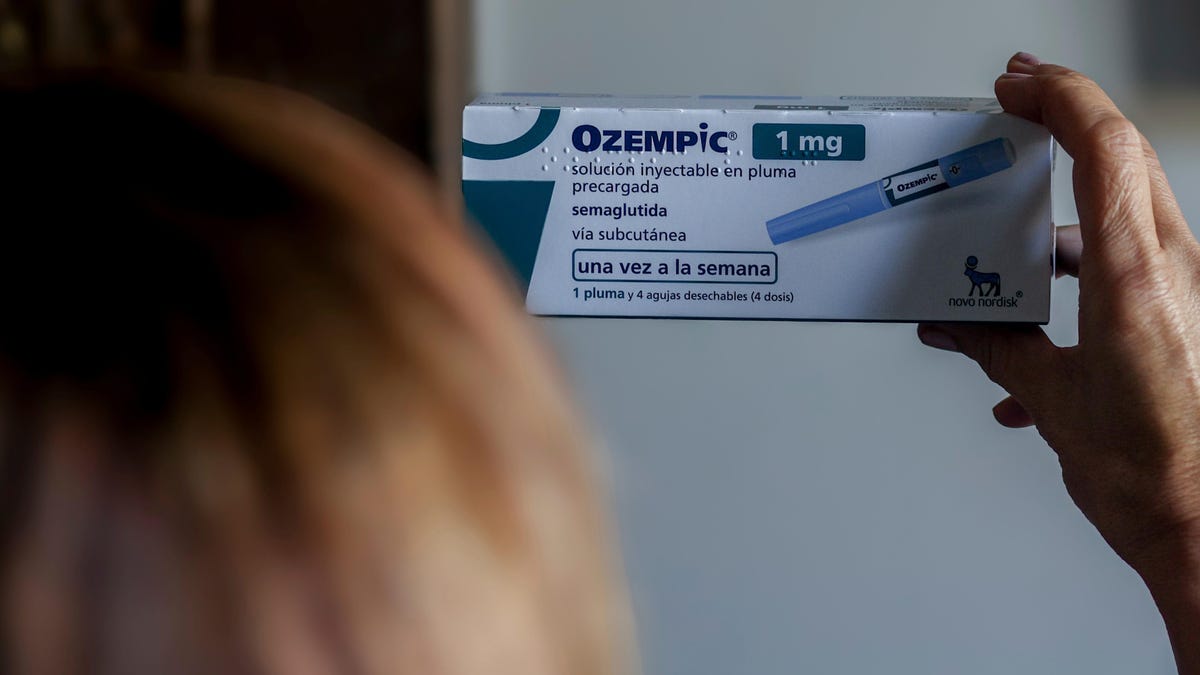
Title: Weight Loss Drugs and the Risk of Gastroparesis: A Comprehensive Look
Lead: Weight loss drugs, such as GLP-1 agonists like Ozempic and Wegovy, have been linked to an increased risk of gastroparesis. In this article, we will explore the facts surrounding this condition and its potential connection to these medications.
Paragraph 1: Background Information on Gastroparesis Gastroparesis is a disorder that affects the normal movement of food from the stomach to the small intestine. This condition can lead to various symptoms, including feeling full shortly after starting a meal, feeling full long after eating, nausea, and vomiting. While it can be chronic and difficult to treat definitively, certain lifestyle changes or medication adjustments may help alleviate symptoms.
Paragraph 2: Studies on the Link Between Weight Loss Drugs and Gastroparesis Several studies have identified a link between weight loss drugs, specifically GLP-1 agonists like Ozempic and Wegovy, and an increased risk of gastroparesis. These medications are often prescribed for diabetes or obesity treatment but can lead to serious side effects. For instance, one study found that 10 out of every 10,000 people taking GLP-1 medications for weight loss were diagnosed with gastroparesis at least six months later compared to 4 out of every 10,000 people not taking the medication.
Paragraph 3: Lawsuits Against Drug Manufacturers Due to these potential side effects, over fifty lawsuits have been filed against the makers of weight loss drugs like Ozempic and Wegovy. Patients are accusing drug manufacturers of ignoring possible side effects and failing to warn consumers about the risks associated with their medications.
Paragraph 4: Current Labeling and Future Considerations It is important to note that GLP-1 drugs like Wegovy do not currently include labeling that directly warns people about the potential risk of gastroparesis. As more research emerges, it may be necessary for drug manufacturers to update their labels and provide clearer warnings to consumers.
Conclusion: In conclusion, weight loss drugs like Ozempic and Wegovy have been linked to an increased risk of gastroparesis. While these medications can help people manage diabetes or lose weight, it is essential for individuals taking them to be aware of the potential side effects and discuss any concerns with their healthcare provider.
Sources:
BenefitsPRO (2024). Class action lawsuits moving ahead for Ozempic-type weight loss drugs. [benefitspro.com/2024/05/21/class-action-lawsuits-moving-ahead-for-ozempic...]
CNN (2024). People using popular drugs for weight loss, diabetes are more likely to be diagnosed with stomach paralysis, studies find. [www.cnn.com/2024/05/20/health/glp-1-drugs-stomach-paralysis...]
Gizmodo (2024). What to Know About the Link Between Stomach Paralysis and Ozempic. [gizmodo.com/ozempic-gastroparesis...]
Daily Mail (2024). Mom who took Ozempic for six weeks suffered stomach cramps so bad doctors thought she had a twisted bowel. [dailymail.co.uk/health/article-13418227...]






